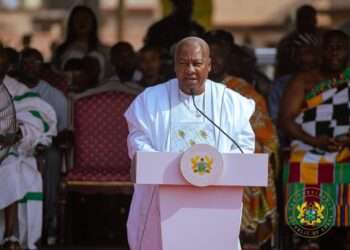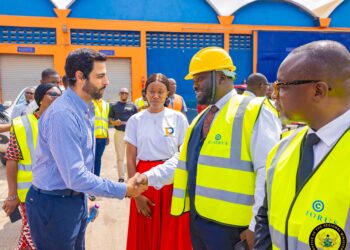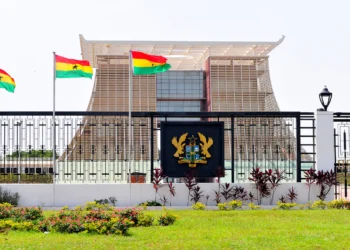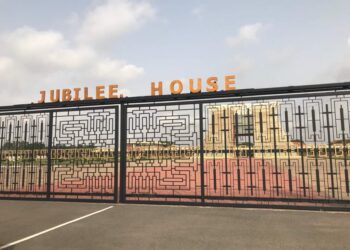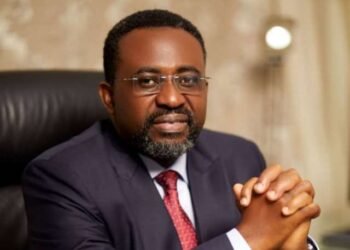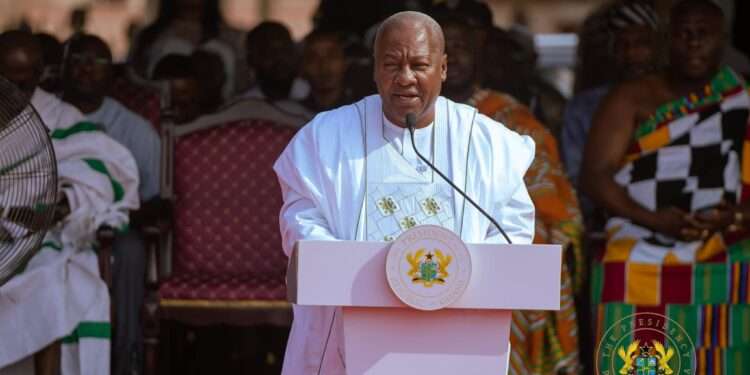Mussa Dankwah, Executive Director of Global InfoAnalytics, says the MRP model predicts 37 of the NPP’s 52 secure seats are located in the Ashanti region, according to a recent analysis.
He pointed out that the Ashanti region’s most vulnerable seats, as revealed by the 2020 election data, have swing margins ranging from 0.5% to 10%, making them susceptible to flipping in the upcoming elections.
“Analysis of the data suggests that NDC has made a gain of +3% in the regional parliamentary voting intention among experienced voters, which could have put Offinso North, Atwima Kwanwoma, Atwima Mponua, Ahafo Ano North, Ahafo Ano South West, and Ahafo Ano South East in play in 2024”.
Mussa Dankwah
Dankwah observed that contrary to expectations, the latest poll from the region indicates the NPP enjoys a significant 30% lead among non-voters in the 2020 election, a demographic largely comprising first-time voters.
He noted that the size of this demographic could be crucial, as it may hold the key to the NPP’s ability to fend off the NDC’s attempts to capture its vulnerable seats in the Ashanti region.
The Data Analyst further observed that the NDC’s +3% advantage in the region indicates a strong likelihood of successfully defending their marginal seats, potentially with ease.
He revealed that the July 2024 poll’s findings from a small sample in ten constituencies – Offinso North, Akrofuom, New Edubiase, Oforikrom, Manso Adubia, Asante Akim South, Adansi Asokwa, Obuasi West, Ahafo Ano North, and Afigya Kwabre South – spell trouble for the NPP.
Dankwa cautioned that while the results are not conclusive due to sample size limitations, they nonetheless serve as an early warning signal for those who are paying attention.
Meanwhile, the NPP appears to be facing a stiff challenge as Benjamin Yeboah Sekyere, the party’s candidate, engages in a fierce electoral battle with Charles Asiedu of the NDC in the Tano South constituency of the Ahafo Region according to the polls.
Dankwah further noted that Hon. Collins Dauda and Hon. Eric Opoku, two incumbent NDC MPs in the Ahafo Region, are facing an uphill battle for re-election, making them vulnerable to defeat.
Significant Turnout Expected From Jehovah’s Witness Voters In 2024
Moreover, Mussa Dankwah revealed that a significant 49% of Jehovah’s Witness voters plan to participate in the 2024 elections, according to the July 2024 national poll conducted by Global InfoAnalytics.
The polls reveal that Jehovah’s Witness voters are distributed across the regions, with the highest concentrations in Western Region (20%) and Ashanti Region (18%), followed by Greater Accra Region (18%), Eastern Region (12%), and smaller percentages in Bono Region (9%) and Central Region (9%).
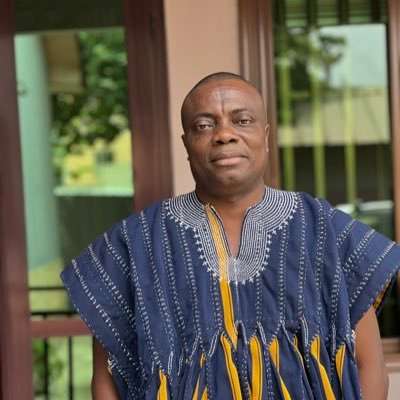
Dankwah further noted that the polls reveal a small but significant presence of religious groups, with 3.4% of voters identifying as Seventh-day Adventists (SDA) and 0.70% as Jehovah’s Witnesses.
“Majority of SDA voters intend to vote for DMB according to the July 2024 national opinion poll by Global InfoAnalytics. 42% of SDA men intend to vote for DMB, 35% for JDM. 36% of SDA women will vote for DMB while 31% for JDM”.
Mussa Dankwah
Dankwah noted that SDA voters are distributed across the regions, with the highest concentrations in the Eastern Region (17%) and Ashanti Region (15%), followed by Greater Accra Region (11%), Western Region (9%), Volta Region (8%), and a combined 7% in the Bono, Central, and Bono East Regions.
He explained that his support for a Saturday polling date stems from the expectation that voter turnout will be higher on weekends compared to weekdays.
Dankwah warned that the NPP should not focus solely on the SDA community, which represents a small portion of the electorate but rather should prioritize winning over the larger group of voters who may choose to prioritize work over voting.
He advised the NPP to crunch the numbers and recalibrate its strategy to maximize their electoral impact.
READ ALSO: France Backs Morocco’s Western Sahara Autonomy Plan


